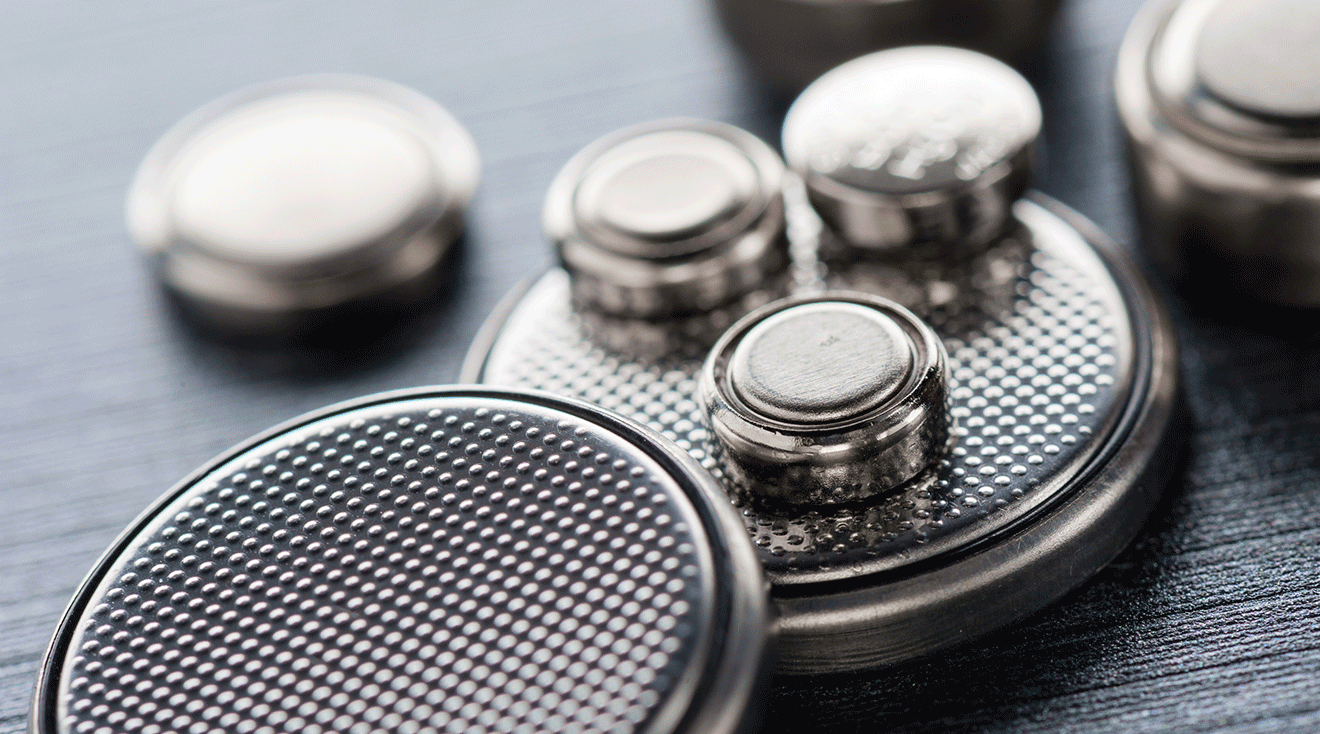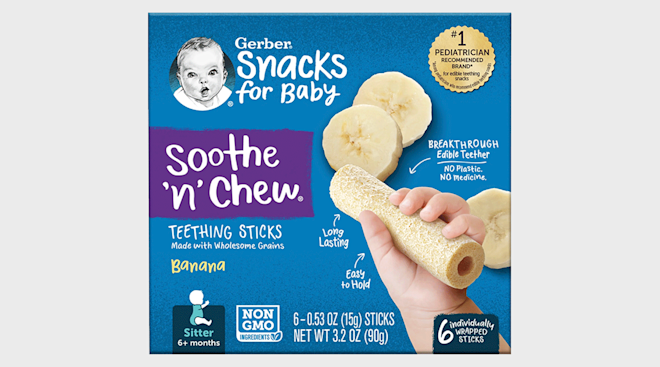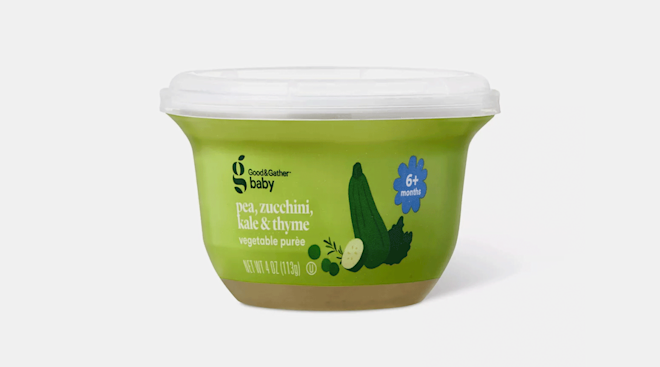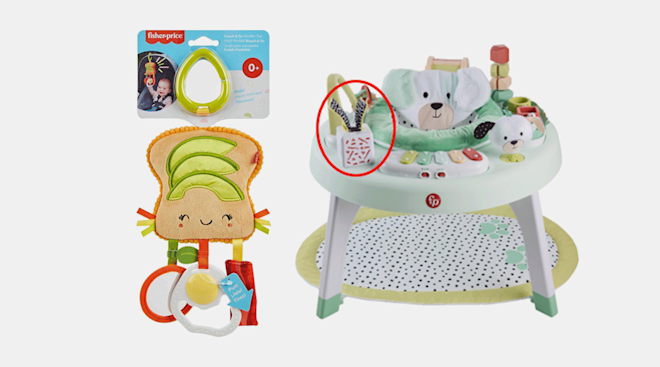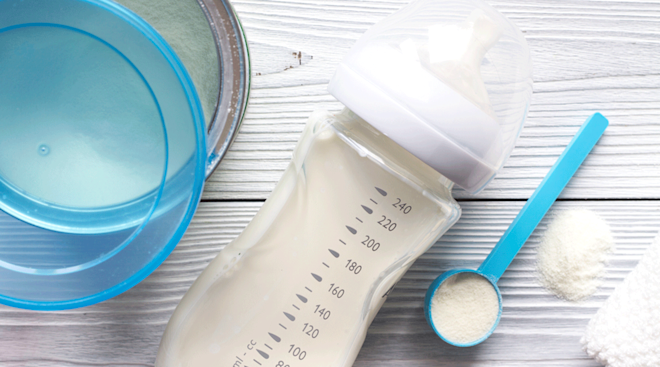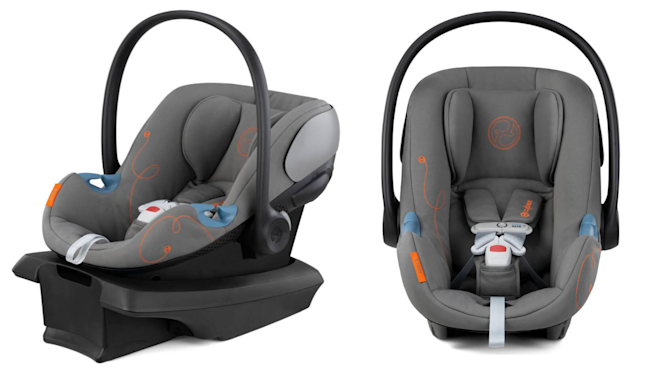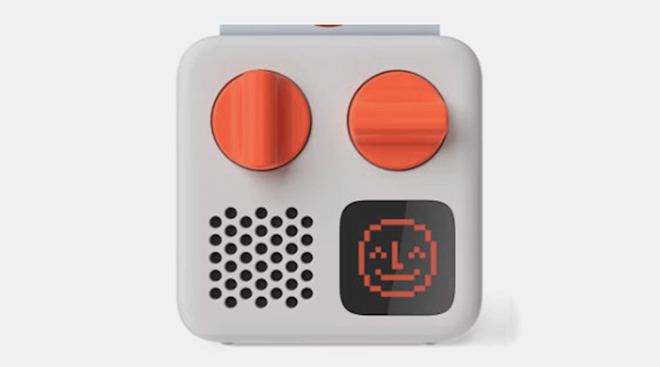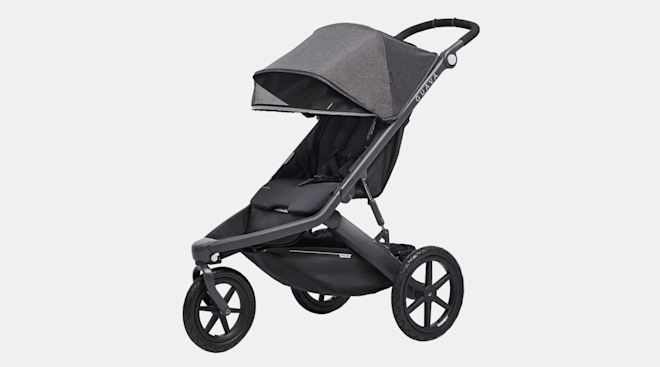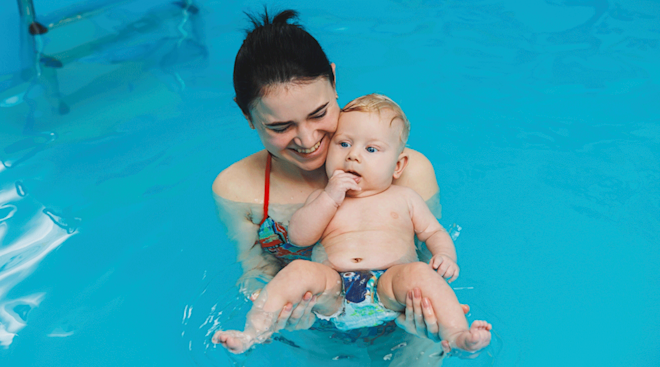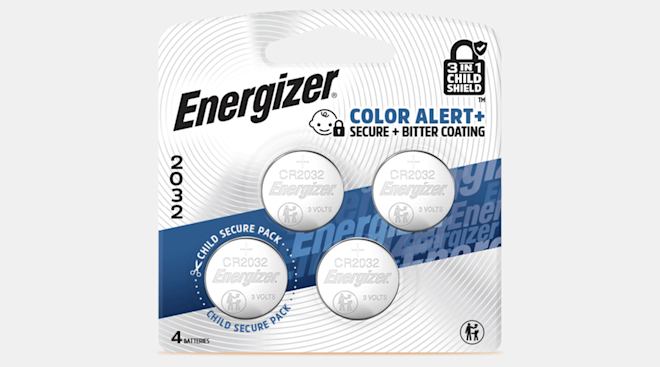CPSC Enacts New Safety Standards to Protect Kids From Button Batteries
New, potentially lifesaving safety standards for button batteries have now been put in place by the Consumer Product Safety Commission (CPSC). The product regulatory agency officially approved a new mandatory standard outlined by Reese’s Law to reduce button cell and coin battery ingestion hazards to children six years and younger on September 11.
Button batteries, commonly found in household items like toys and remote controls, can pose serious risks to children if swallowed, including severe burns and death. Easily accessible to children and so small they don’t often pose a choking hazard, the inconspicuous nature of the battery can make it hard for parents to know if their child has swallowed one. From 2011 through 2021, CPSC has recorded 27 deaths and an estimated 54,300 injuries treated in emergency rooms associated with ingested or inserted button cell or coin batteries.
Reese’s Law was signed into law on August 23, 2022, and is named after Reese Hamsmith, an 18-month-old who swallowed a button battery in October 2020. After an initial misdiagnosis of Croup (common in button battery cases), Reese’s mother, Trista Hamsmith, took her daughter in for an X-ray when they discovered a button battery missing from one of their devices.
Despite an emergency surgery to remove the battery, it had burned a hole through Reese’s throat and stomach, creating irreparable damage and setting off a chain of surgeries that would end in her passing in December 2020. After Reese’s death, Hamsmith founded Reese’s Purpose to raise awareness of the danger of button batteries and advocate for stronger safety measures on products that require button batteries.
The new safety standards put in place by the CPSC will work to prevent accidental ingestion of button batteries by children. This multi-prong approach includes:
- New performance standards requiring the compartments of consumer products containing button cell or coin batteries to be secured to prevent access by children six years of age or younger
- Requiring either the use of a tool such as a screwdriver or a coin to open the compartment or the application of at least two independent and simultaneous movements to open by hand. Consumer products must pass a series of performance tests simulating reasonably foreseeable use or misuse.
- Requiring button or coin cell packaging manufactured after February 2023 to meet the child-resistant packaging requirements in the Poison Prevention Packaging Standards.
- The addition of warning labels in product manuals, on the packaging, and directly on the product when practical, so it is visible. Warning labels must clearly identify the hazard of ingestion.
- The addition of warning labels that instruct consumers to keep new and used batteries out of the reach of children and to seek immediate medical attention if a battery is ingested
In response to Reese’s law’s passing and implementation, Hamsmith expressed her gratefulness to Congress. “This legislation will undoubtedly save lives,” said Hamsmith. “I often talk about the plaque that was in Reese’s hospital room which read, ‘He has a plan and I have a purpose.’ Reese’s life was taken way too soon, but her legacy will live on through this law so that no other family will have to suffer like ours.”
To learn how you can safeguard your child by taking control of button cell or coin batteries and what to do in the event of an emergency, visit CPSC.gov.
Navigate forward to interact with the calendar and select a date. Press the question mark key to get the keyboard shortcuts for changing dates.

































